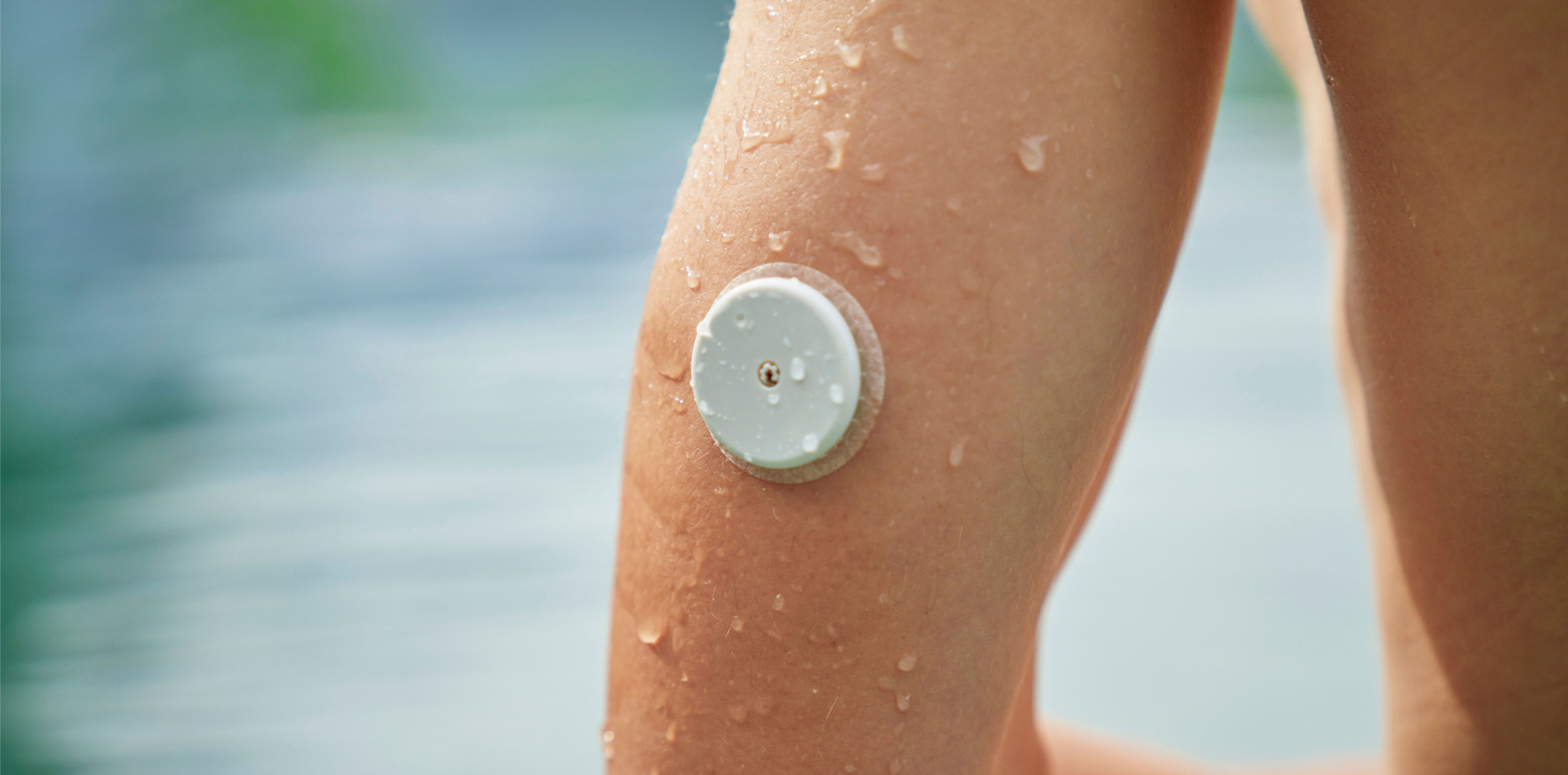- TECHSWU
- Posts
- TECHSWU
TECHSWU


New York State is exploring new technology designed to enhance road safety by limiting vehicle speeds. An agency has initiated a study to determine the effectiveness of devices that prevent cars from exceeding 11 miles per hour above the posted speed limit.
Utilizing GPS to monitor speed limits, these devices have showcased a promising success rate, functioning correctly over 99% of the time. Remarkably, they contributed to a 30% reduction in hard braking incidents during testing, demonstrating their potential to foster safer driving behaviors.
While the initiative is still in an experimental phase, concerns have been raised about scenarios requiring increased acceleration for safety. The compassionate consideration of driver safety amid the technology’s implementation reflects a commitment to reducing accidents and protecting lives on the road.
As the study continues, the hope is to find a balance that ensures both safety and driver autonomy.

In her insightful article, Catherine Price emphasizes the importance of a digital detox to reclaim our time and attention from addictive technology. She suggests five compassionate steps for a healthier relationship with our devices.
First, identify your motivations by writing a "breakup letter" to your phone, fostering clarity about your goals. Second, reconnect with real-life experiences that bring joy and fulfillment, reducing reliance on screens for entertainment.
Third, make your phone boring by removing distracting apps and minimizing notifications. Fourth, establish phone-free spaces and rituals in your home, such as device-free dinners, to enhance connections with loved ones.
Finally, start and end your day without your phone, encouraging better sleep and mindful mornings. By nurturing these practices, Price encourages a balanced life where technology enriches rather than consumes our existence, reminding us that the most meaningful moments happen beyond the screen.

Instagram is currently testing a new feature that allows users to negatively rate comments on posts. This option aims to provide a discreet way for individuals to flag inappropriate comments without public visibility.
Instagram's head, Adam Mosseri, emphasized that the goal of this feature is to enhance the quality of discussions on the platform and improve content filtering tools. While similar features exist on other platforms like YouTube, some users have expressed concern about potential misuse leading to "digital violence.
" However, Instagram reassures that the feedback collected will be used to adjust its algorithms and maintain a healthier online environment. Currently, a limited group of users is trialing this feature, but the timeline for a broader rollout remains unclear.
This initiative reflects a compassionate approach to user experiences, striving to create a safer and more respectful online community.

The article discusses an innovative new program at Saint Anselm College called "The Ethics of Biofabrication," aimed at establishing ethical guidelines in the burgeoning field of biofabrication, which includes regenerative manufacturing technologies like organ growth from stem cells. Professor Max Latona emphasizes the importance of contemplating ethical implications before the field matures, advocating for a proactive approach to avoid potential harm.
Key issues under consideration include informed consent, ownership of biofabricated organs, long-term benefits, and equitable access, as these technologies could be expensive and inaccessible to many. The initiative hopes to educate a workforce that prioritizes ethical considerations while developing life-saving technologies.
Despite skepticism about the viability of ethics in profit-driven industries, there is a hopeful belief that ethical frameworks can indeed influence the behavior of practitioners in this challenging and impactful field of medicine.

In an inspiring development for electric vehicle (EV) adoption, Matel Motion & Energy Solutions has partnered with Honda Power Pack Energy India to tackle pressing challenges like battery range and charging times. This innovative collaboration introduces battery-swapping technology, allowing drivers to effortlessly replace depleted batteries in just minutes at designated stations—a game-changer for convenience and efficiency.
With initial deployments in Bangalore and future expansions to Delhi and Mumbai, Honda’s reliable lithium-ion batteries promise safety and longevity. This partnership not only offers minimal modifications for manufacturers but also signifies a transformative shift towards adaptable battery models.
By enhancing urban mobility and minimizing downtime for commercial fleets and ride-sharing services, Matel and Honda are paving the way for a greener, more accessible future in transportation. As this initiative unfolds, it brings hope and possibility for sustainability in India and beyond.

Reddit moderators face an overwhelming challenge as they strive to keep AI-generated content off their subreddits, a task that demands significant time and energy. While some users embrace generative AI, many moderators believe it detracts from the community’s core values by promoting low-effort posts and undermining genuine discussion and expertise.
Concerns about accuracy and the potential for misinformation have led several subreddits to adopt strict bans on AI content. These dedicated volunteers express a pressing need for tools from Reddit to assist them in this growing struggle, as they feel outmatched by the rapid advancements in AI technology.
With the expectation that generative AI usage will escalate, moderators remain committed to preserving the authenticity of Reddit, emphasizing the importance of human contributions in maintaining the platform's integrity. Many hope that with support from Reddit, they can continue to offer spaces for genuine human engagement and creativity.

Diabetes Australia has urgently advocated for greater equitable access to diabetes technologies, highlighting a pressing need for the federal government to allocate $200 million over four years. With over 1.
5 million Australians currently living with diabetes—a number projected to rise to 3.1 million by 2050—the organization stresses that life-changing tools like insulin pumps and continuous glucose monitoring devices must be subsidized to enhance the quality of life for all individuals affected by this condition.
The CEO, Justine Cain, emphasizes that many people are currently unable to afford these essential technologies, particularly amidst the ongoing cost-of-living crisis. Ensuring access to these devices could significantly reduce hospital admissions and long-term health complications, making it a vital investment in both human health and healthcare savings.
The call to action is clear: equitable access to lifesaving diabetes technology should be prioritized to ensure a healthier future for all Australians.